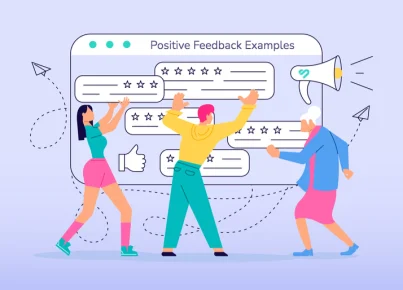Introduction
In today’s rapidly changing world, the concept of “students as researchers” has emerged as a powerful tool for empowering learners and making a significant impact on communities. By combining critical thinking skills and real-world applications, these student-driven research endeavors are transforming lives, addressing complex issues, and paving the way for future generations of successful leaders.
The Shift towards Student-centered Research
The traditional model of education has long been focused on developing the knowledge base of students through passive acquisition, with educators aiming to impart information to the learners. However, in recent years, there has been a notable shift away from this approach in favor of more actively engaging students in the research process. The collaborative efforts foster multifaceted learning experiences that not only enhance students’ understanding but also encourage their sense of responsibility and commitment to social causes.
Benefits of Students as Researchers
1. Nurturing Critical Thinking Skills: When students are given the opportunity to participate in research projects, they engage in the rigorous process of planning, data collection, analysis, and evaluation. This systematic approach hones their critical thinking abilities which are essential for success both inside and outside the classroom.
2. Building Connection with Local and Global Communities: As students work together to understand problems and devise solutions, they build networks with people from all walks of life. These connections bridge gaps between academic institutions and communities by fostering awareness, cooperation, and communication.
3. Fostering Empathy and Social Responsibility: Through their involvement in research projects that focus on pressing societal issues (such as poverty, climate change or mental health), students develop a deep-seated empathy for those who are marginalized or vulnerable. This understanding unfolds into an enduring commitment to advocate for social justice both in their present lives and future careers.
4. Enhancing Personal Growth and Confidence: Taking on significant roles in research projects instills a sense of competence among young learners. As they witness the tangible impact of their work, students cultivate confidence in their abilities and gain a strong sense of personal accomplishment.
Successful Examples
One prominent example of student-led research is the Annual Student Conference on Global Challenges, held at the University of Pennsylvania. This conference invites students from various disciplines to present their findings on critical global issues and explore innovative solutions with fellow participants in a collaborative environment.
Another example is the Up for Debate project initiated by the Washington State University, which encourages students to research social problems, discuss potential solutions with industry experts, and participate in simulation experiences that promote policy-making competencies.
Conclusion
Encouraging students to step into the role of researchers not only empowers them as individuals but also makes a significant difference in the communities they serve. By nurturing critical thinking skills, fostering empathy, and promoting personal growth, such initiatives are creating an army of responsible and compassionate global citizens who can be agents of change for generations to come. With this shift towards student-led research, we can hope for a brighter future that is built on collaboration, respect, and equity.





